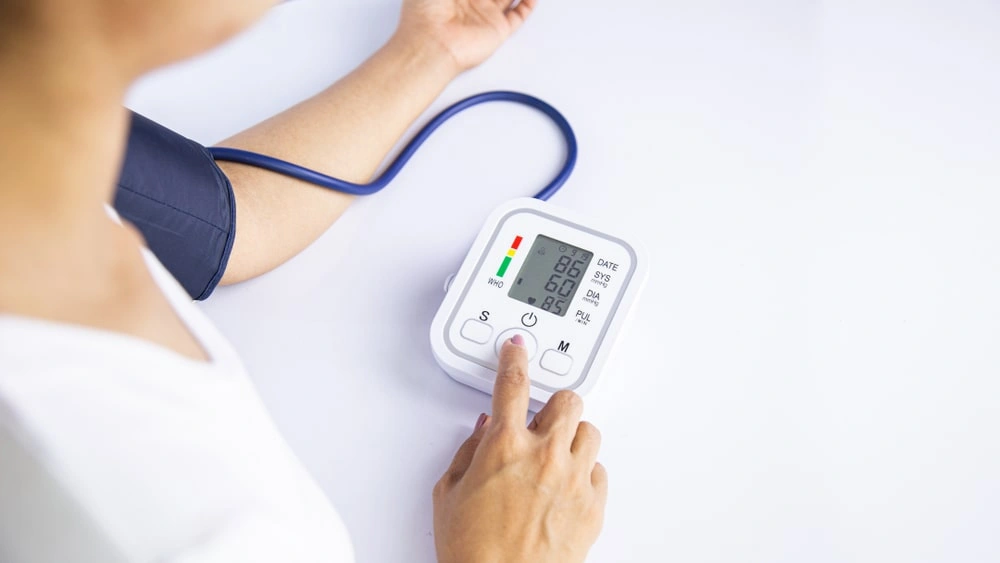
Safety Rate
Safety Rate
When your doctor suggests ambulatory blood pressure monitoring, it’s natural to wonder why this test is needed. Many families worry when clinic blood pressure readings are inconsistent or don’t match the symptoms their loved one experiences. This guide will help you understand what ABPM is, why it’s important, who should undergo it, how to prepare, and what results mean for your health.
Ambulatory blood pressure monitoring (ABPM) is a method that measures blood pressure continuously over 24 hours, even while you sleep. Unlike a single clinic reading, it provides a complete picture of how your blood pressure behaves throughout the day and night. This helps doctors diagnose conditions more accurately and adjust treatment plans effectively.
Doctors recommend ambulatory blood pressure monitoring when they need detailed information beyond regular clinic readings. Common ambulatory blood pressure monitoring indications include:
By providing real-world data, ABPM helps ensure patients receive the right treatment at the right time.
Not everyone requires ABPM, but it is especially useful for:
In these cases, ambulatory blood pressure monitoring helps uncover hidden risks and offers peace of mind to families.
Preparing for ABPM is simple. Here’s what you need to do:
No special diet or fasting is needed. The aim is to record blood pressure in your everyday setting.
There are many advantages to choosing ambulatory blood pressure monitoring over standard checks:
While ABPM is generally safe, a few minor inconveniences may occur:
These drawbacks are temporary and small compared to the valuable insights ABPM provides about heart health.
You should contact your doctor if:
Prompt medical advice ensures you stay safe and receive timely care.
Ambulatory blood pressure monitoring is a reliable, non-invasive way to understand your blood pressure patterns throughout the day and night. By comparing your readings with ambulatory blood pressure monitoring normal values, doctors can diagnose conditions more accurately and recommend the right treatment. With affordable ambulatory blood pressure monitor price options and clear ambulatory blood pressure monitoring indications, this test gives families peace of mind and patients a healthier path forward.
For adults, ambulatory blood pressure monitoring normal values are generally considered: average daytime blood pressure below 135/85 mmHg, nighttime average below 120/70 mmHg, and a 24-hour overall average under 130/80 mmHg. These ranges help doctors distinguish between healthy patterns and hypertension, offering a more accurate assessment than single clinic measurements.
The ambulatory blood pressure monitor price for a 24-hour test usually ranges from ₹1,500 to ₹3,000 in most Indian cities, depending on the hospital and diagnostic center. Considering the detailed data it provides, ABPM is cost-effective and often covered by insurance. Families find it an affordable, non-invasive way to ensure accurate blood pressure monitoring.
A regular blood pressure (BP) test gives a single reading in a clinic setting, which may not reflect true day-to-day levels. Ambulatory blood pressure monitoring (ABPM) measures blood pressure continuously over 24 hours, capturing daytime and nighttime variations. This makes ABPM more reliable for diagnosing hypertension, detecting hidden risks, and guiding personalized treatment.
Our experienced anaesthesiologists are here to ensure your safety and comfort